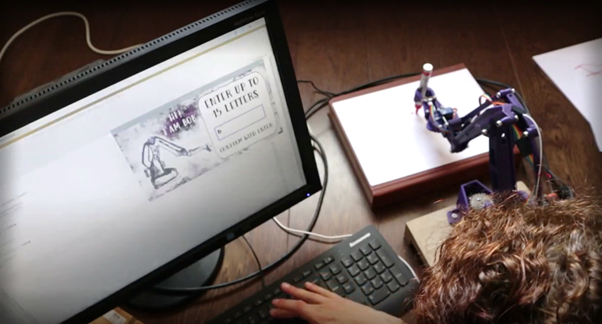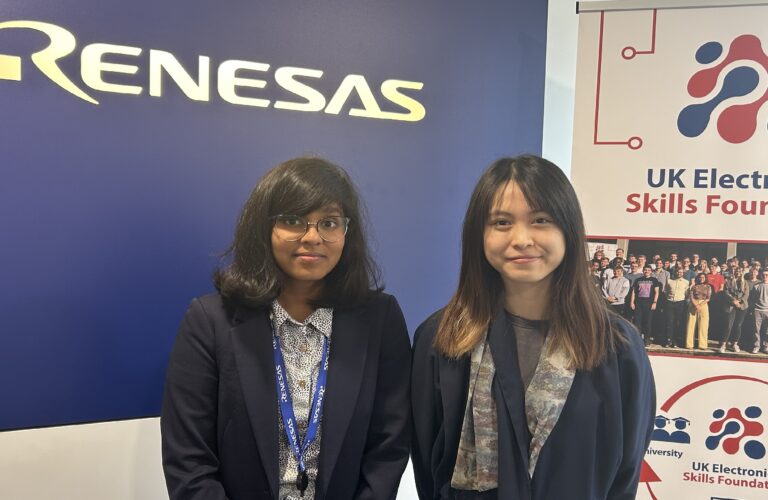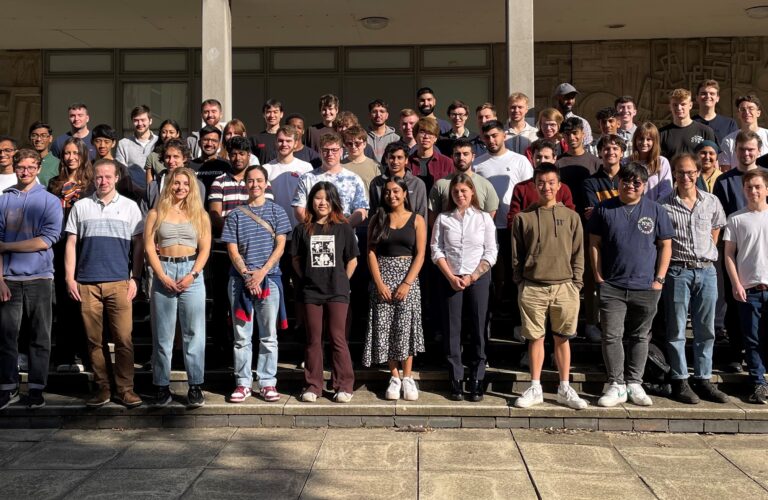“We are encouraging universities to work with their industrial partners to create postgraduate programmes based on this
new Apprenticeship Standard. This would undoubtedly benefit the Electronics industry in the UK.”
Stew Edmondson, CEO, UKESF
If you thought “Apprenticeships are only for entry level; they are for low skilled employees” or that “Apprenticeships cannot be used for existing staff”, then you would be wrong, as both of these statements are incorrect. The truth is that apprenticeships cover the full spectrum of academic qualification levels and can be for existing staff of any age.
In the Electronics sector, there has been a degree Apprenticeship Standard (Level 6 – BEng) available since 2016. We know that at least fourteen universities have developed offerings using the standard, and that over 240 apprentices have enrolled on their programmes. This means that companies in England with an annual payroll of £3m+, who are paying the Apprenticeship Levy, will be able to fund up to 100% of a degree apprentice’s tuition costs from their Levy contribution.
Last year, a Level 7 Standard was approved for delivery. This new, post-graduate, education route brings together university study with the invaluable on-the-job training of an apprenticeship. It is great that the University of the West of England, Bristol (UWE) has been leading the way and is the first higher education institute to launch a programme based on this Standard. However, we now need more universities to follow suit.
There is a massive opportunity for universities to adapt their MSc courses and work with industrial partners to create postgraduate apprenticeship programmes. Such apprenticeships would give graduate engineers the opportunity to accelerate and develop their knowledge and competencies, while maintaining a full-time job. For employers, it could offer an effective way of building additional capability in their graduate engineers in a cost-effective way by utilising their Apprenticeship Levy payments.
Find out more HERE or contact the UKESF.




